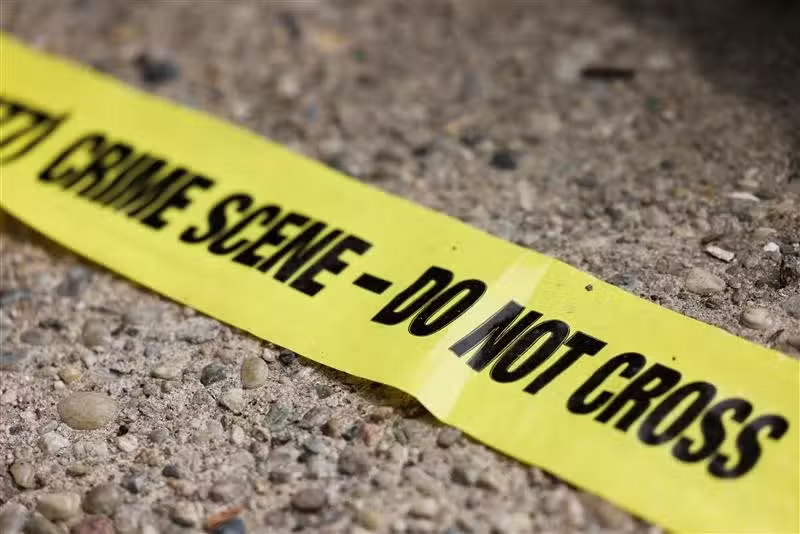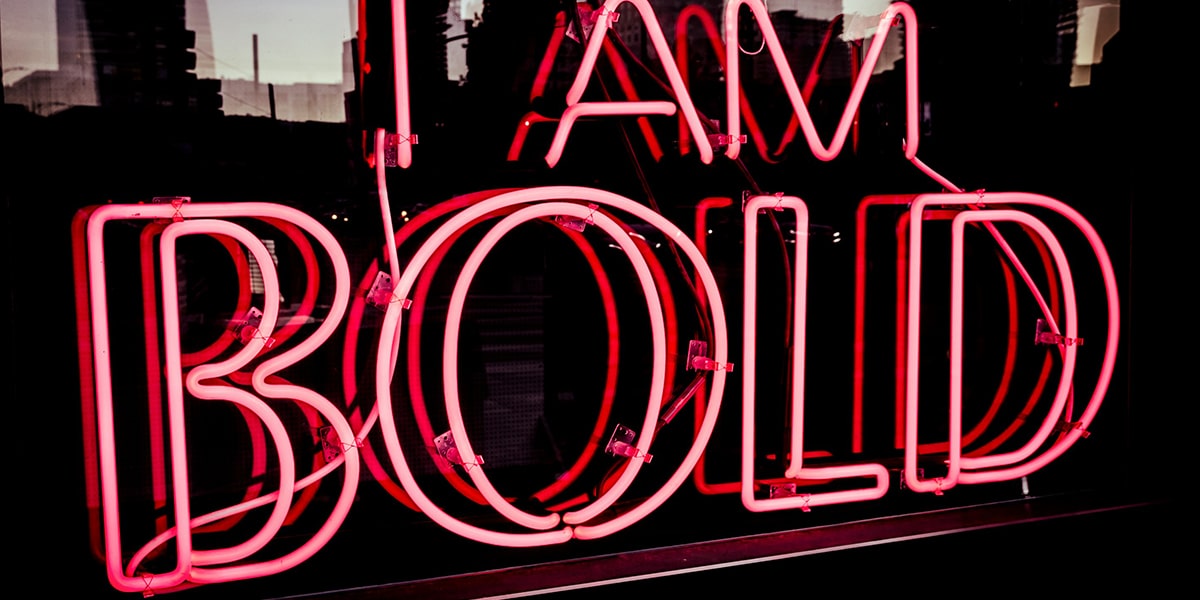At the time of the Second Vatican Council, we Catholics were very self-confident. All indicators of numbers, vocations, money, and influence were positive and growing. There was no reason to reform or self-criticize. Our identity was clear, our boundaries were clear, our sense of the absolute was grounded and founded. We knew who we were and, ironically, we were therefore free to criticize ourselves, even from the very top.
The ability to self-criticize and own our shadow side is a clear sign of health and interior freedom. A historian of social change once told me that Vatican II was one of the very few times in all of human history that a strong institution reformed itself from the top—when it didn’t have to and wasn’t forced to. That’s a rather strong sign of the presence of God’s Spirit.
Before Cardinal Jorge Mario Bergoglio was elected pope in 2013 and took the name Pope Francis I, the Roman Church, at the higher levels, had little ability to be self-critical. We felt that we had lost our boundaries in relation to secular culture, and we were trying to reinforce them by insisting that we were always right and had the full and total picture. This is called a “siege mentality,” which always emerges when a group has lost its former influence and feels that it is under attack.
We are all caught in these bigger zeitgeists (“the spirit of an age”). Every age has been. It is almost heroic to live above them, and we never really know if we are doing so.
Yet, the person with a great soul can move others toward the future with compassion and confidence—not judgment, paranoia, or accusation. We were very happy as Catholics when John Paul II (1920–2005) set a new tone in Jubilee Year 2000 and publicly admitted and asked forgiveness for many of the historic sins of Roman Catholicism. It seemed to give permission at all lower levels for honesty and humility about the Church.
John Paul II was surely one of these great souls on many levels. His tragic flaw might well be that he did not often trust anyone else to be a great soul or to initiate the grand gesture except himself. He could be ecumenical, but we at the lower levels had to exclude even other Christians from the table. He could make major political statements, but other bishops and priests, like the martyr St. Óscar Romero (1917–1980), were given no support when they did the same. It felt a bit schizophrenic, but the issues are so enormous today that only time will prove where wisdom lies (see Matthew 11:19).
Finger-pointing is usually just an avoidance of our own transformation. To continue to move forward calmly, with joy and confidence, is probably as clear a sign of God’s presence as I can imagine. It is also somewhat rare, but those, like Pope Francis, who can do so are the people who will reconstruct. These are the people who will lead us into God’s future. These are the people to whom it is worth listening.








